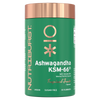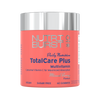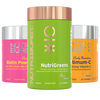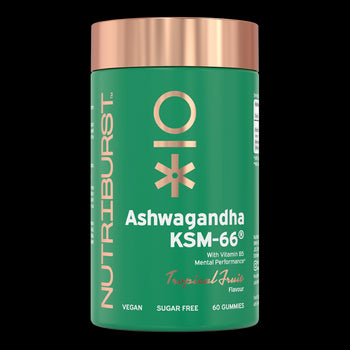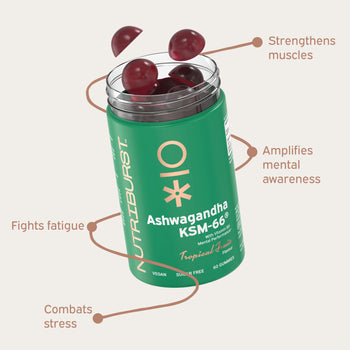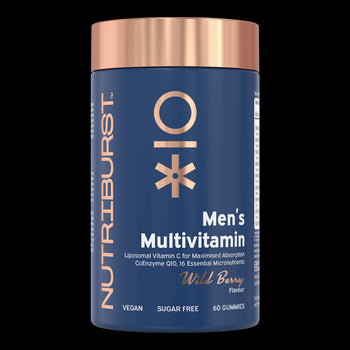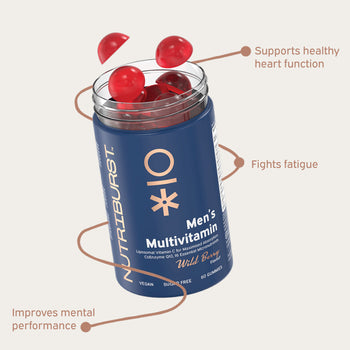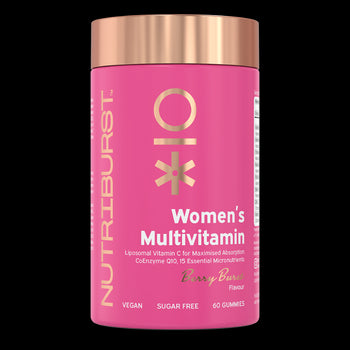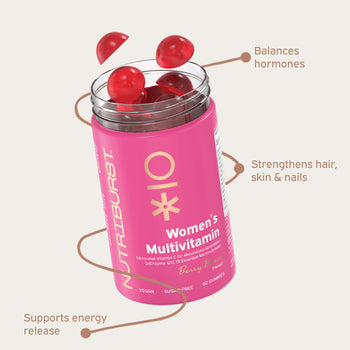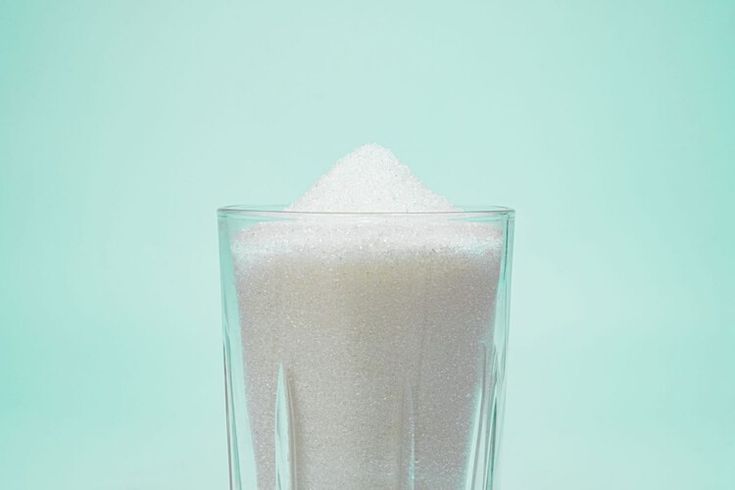Vitamin D and Winter Blues
Written by Sarah Jones

Vitamin D and Winter Blues
By Jenny Tschiesche BSc(Hons) Dip(ION) FdSc BANT
What’s the Hype?
Vitamin D is back in the news and making headlines again. That’s because it is one of the key nutrient deficiencies connected to those suffering from the worst symptoms of covid-19 i.e. those being hospitalised. Its role in immunity is acknowledged and under even greater scrutiny right now but what effect might vitamin D deficiency be having on your mental health? You may have heard of the “Winter Blues” and as we move into the winter months you might be wondering if you are getting enough vitamin D and what role vitamin D could play in your own mental health and wellbeing.
Let us check the facts:
- Vitamin D deficiency is associated with increased risk of depression.
- Poorly regulated mood and behaviour has been attributed to low vitamin D status in studies.
- While getting more Vitamin D isn't likely to resolve depression on its own, it might help improve your mood.

So, are you getting enough?
If you live in the UK and its’s anywhere between October and March then the answer is no. You are unlikely to be getting anywhere near enough. You need to go some way to get enough through your diet at any time of the year. That’s because there are not that many food sources of vitamin D. Only oily fish, and some mushrooms grown under UV light, egg yolks (though very little Vitamin D is available from these) and some fortified foods. Some countries do better at fortifying their foods than others. Some countries also do better at recommending and even supplying vitamin D supplements to their inhabitant. To date, the UK hasn’t been world leading at either but recently the UK Government has announced that they will be supplying Vitamin D to organ-transplant recipients, chemotherapy patients and those with severe respiratory conditions such as cystic fibrosis, severe asthma and chronic obstructive pulmonary disease as well as the elderly for free.
Testing and Supplementing
Unless you fall into the category of people receiving free supplements it is recommended that you supplement at least 10mcg per day during these cooler months. That’s 400iu. However other countries recommend up to 2000iu and most agree on a safe upper limit of 4000iu. Working out how much you need should be based on your skin colour, your diet and your lifestyle. However, the best staring place is a simple test to find out to what extent you are deficient.
Best Advice
The best advice is to supplement in the cooler months of October to March. Not only could it help your immune system in protecting you against covid-19 but also to help your mental health and wellbeing too.


